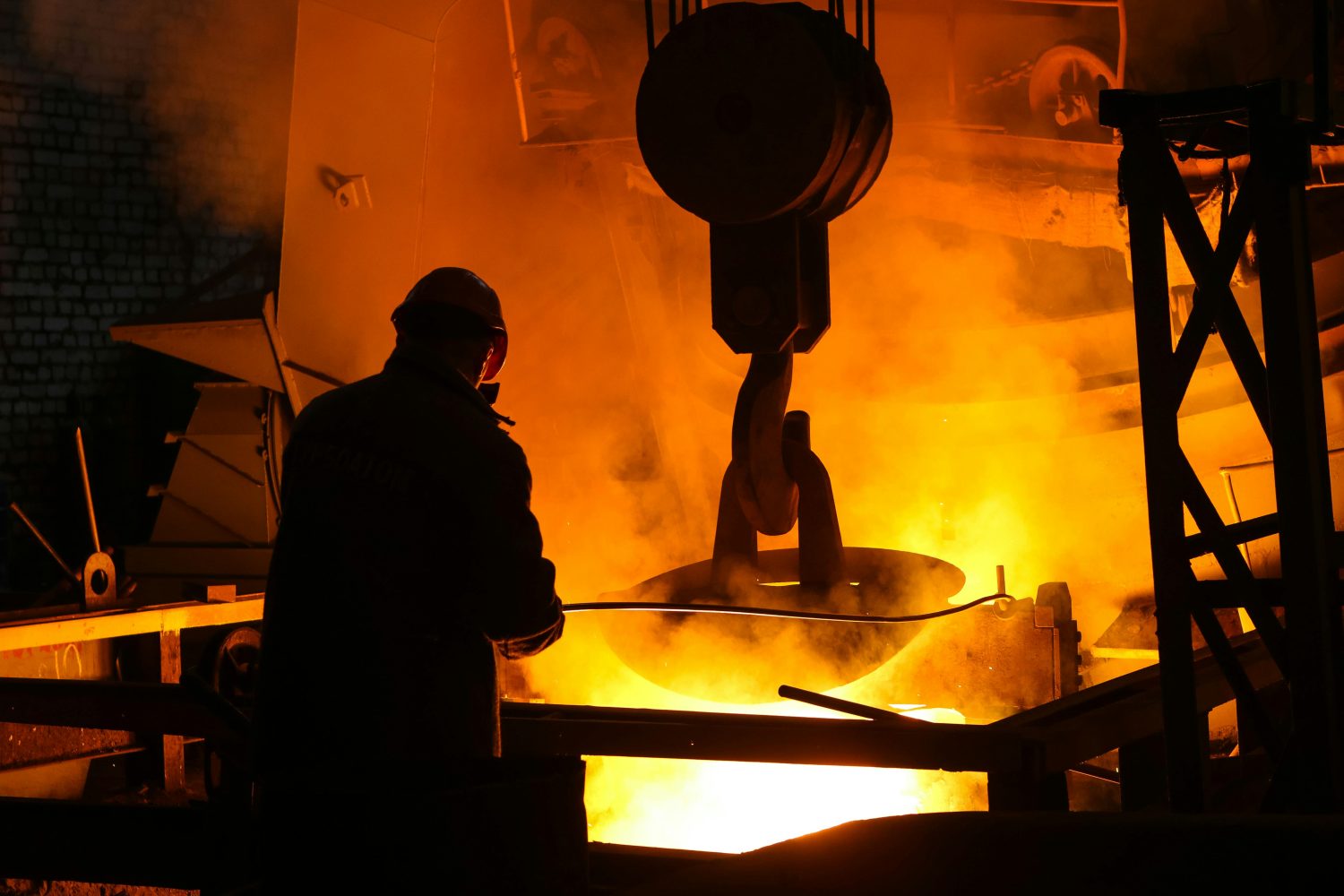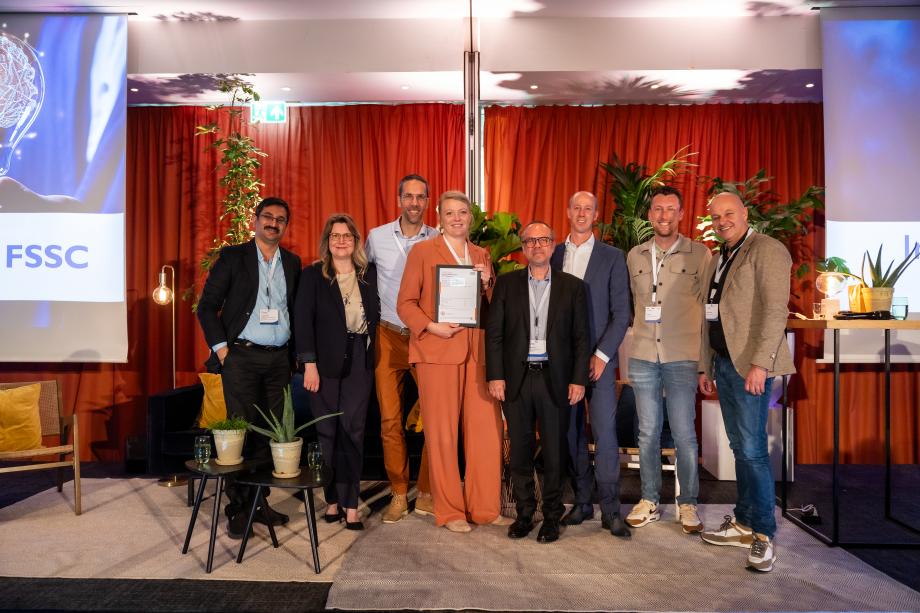At the Consumer Goods Forum Global Summit in Amsterdam, last June 10-13, a panel discussion titled “Human Rights is Everyone’s Business” included the participation of Theresa May, as Chair of the Global Commission on Modern Slavery & Human Trafficking. Theresa May is a former Prime Minister of the United Kingdom and a Member of the UK House of Lords.

It’s encouraging and praiseworthy that politicians with high visibility become involved in social issues. When a high-caliber personality becomes interested in topics like modern slavery, human trafficking, child labor, ethical business, or other human rights issues, it is given a lot of attention.
But one can wonder, why? Is it a topic deserving of such awareness and involvement from politicians? The complex reality is that it is an ongoing and continuously growing problem that deserves all the possible attention it can get.
Facing the Reality of Forced Labor
The International Labor Office’s Global Business Network on Forced Labor recently published the latest report from UNICEF: According to their latest global estimates, 138 million children are affected by child labor. They mention the following: “Behind this number are children facing the worst forms of child labor, including forced labor, trafficking, recruitment into armed conflict, sexual exploitation, and involvement in illicit activities.”
The report can be found here: 2024 Global Estimates of Child Labour Report.pdf
Even considering the progress made, there is still a long way to go. One hundred thirty-eight million too many children are working and not at school.
Regarding slavery, a report from Ethixbase 360 in May 2025 called “2025: The State of Modern Slavery and Human Rights in Global Supply Chains” says: “There is no country in the world untouched by the perils of modern slavery. Governments, businesses, and advocacy groups have made important strides in fighting it in the past decade, but there’s more work that needs to be done. About 50 million people live in modern slavery across the world today, including 28 million who perform forced labor, according to the International Labour Organization. Your company with its global value chain can – and must – help mitigate the situation.”
Fifty million people. Possibly happening in your supply chain, and you do not even know it.
Legislation for Due Diligence
That is why the commitment of people like Theresa May is commendable. It is the consideration behind new legislation in Europe, Asia, and many other countries worldwide that requires companies to do environmental and social sustainability due diligence evaluations of their supply chains.
The EU’s Forced Labor Regulation (FLR) is now in force and will come into full effect on 14 December 2027. Other countries, including the UK, should be aware of it outside the EU.
The current fight for Human Rights and against Child and Forced labor will not stop anytime soon. However, it is lucrative for many value supply chains, and it won’t be easy to stop. The engagement of prominent politicians is welcome and should be encouraged to create visibility of issues that otherwise are too inconvenient to face.
Original article written for LinkedIn by: Francisco J. Esteve



